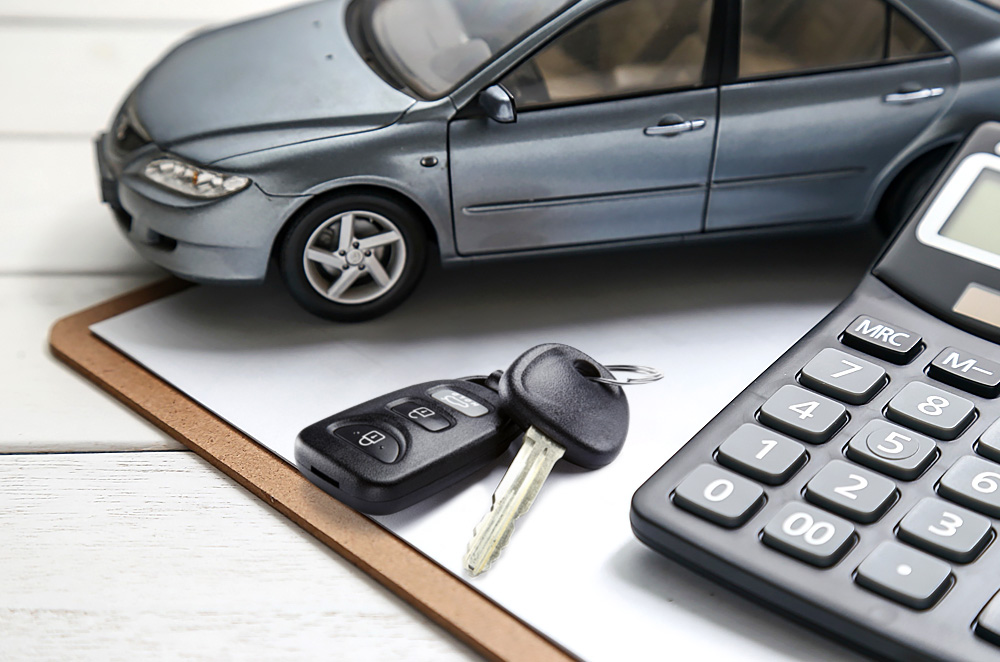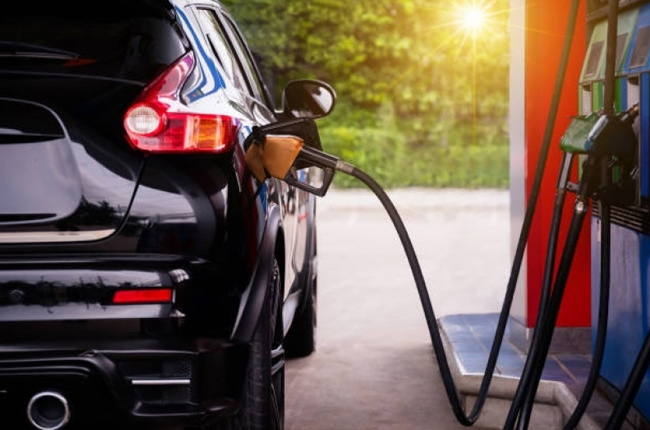
If you thought having a car was just all about opening the door, getting in, starting the engine, and driving off, that’s only part of the equation. Owning your personal vehicle can feel quite fulfilling, yet you shouldn’t forget that it is equal parts joy and equal parts responsibility. During your phase of ownership, you’ll be spending money, from filling your gas tanks to your car’s insurance and periodic maintenance checkups. All these need to be monitored in order to ensure the pristine condition of your vehicle.
Fuel Costs

Of course, in order to make your car run, a good amount of fuel is needed. When filling up your tank, it’s better to use definite amounts or easy to count increments like 500, 1000, and so on. This not only helps you to budget, but it also helps you keep track of your fuel expenses.
Car maintenance

Now, onto the more crucial part of car ownership, and it involves the maintenance and insurance of your vehicle. At a certain period of time, your car-related expenses will add up given your vehicle’s periodic maintenance schedule.
Take note that bigger vehicles are more expensive to run, whereas subcompact or compact vehicles will cost less depending on the model and brand. The same goes between a gasoline-fed or a diesel-fed engine. Diesel motors are more expensive to maintain in the long run in general, again, depending on the model. The usual periodic maintenance scheme usually starts after your car hits 1,000 kms or one month, then the succeeding service intervals will be spaced out more following the break-in service, or first service. Brands usually has different PMS schemes depending on the model and depending on their aftersales program. Some will urge owners to come back after reaching 5,000 km, while others wait until 10,000 km, or about 6 months to a year.
Insurance and registration

Aside from your fuel expense and maintenance, another thing you have to consider is your car’s insurance and registration. The paperwork is a must, given that insurance serves as added protection for your vehicle while the registration renewal is a mandatory requirement to legally keep your vehicle on the road. Once you purchase a vehicle, you are then advised to purchase an insurance plan along with it. A standard insurance policy will often last for 3 years before owners are then required to renew it annually. LTO registrations, on the other hand, are also renewed on a yearly basis, after the car’s free three-year registration expires.
Depreciation cost

The moment you drive off the lot, many cars, with certain exceptions, will depreciate in value significantly. Once the car is owned, and the first owner’s name is on the papers, the car will lose a hefty amount of value. Not everyone considers depreciation costs because it’s not as tangible until you try and sell the car. Depreciation costs will depend on the age, condition, model, variant, accident history, and even registration history of your vehicle. It goes to show that taking good care of your automobile can pay dividends in the future if you value your money and your car.
Overall cost of driving

Combining all your car-related expenses including your gas, maintenance cost, and other spendings including insurance and registration fees, will give you the monthly or yearly cost to run your automobile. All of these expenses combined will make for a hefty sum, and considering all of these factors will allow you to better manage your finances and get a general overview of all the money you’re putting into car ownership.
Latest Features
-
How to prepare your car for the Holidays / Featured Article
Here are our handy tips on how to keep you on the road and stress free this holiday season.
-
An all-electric future: The Porsche Macan Electric / Featured Article
Porsche’s Macan goes all-electric; it’s a new beast with an electrified heart, yet unmistakably Porsche in performance and spirit.
-
Which Kia should I buy? / Featured Article
We’re here to help you decide which Kia vehicle is best for you, whether it’s a sedan, crossover, or minivan.
Popular Articles
-
Electric Vehicles in the Philippines for under P1 million
Jerome Tresvalles · Aug 19, 2025
-
Top 3 Cars For Every Lifestyle—What Cars Are Right For You? | Behind a Desk
Caco Tirona · Apr 24, 2024
-
5 Tips to Maximize Fuel Efficiency
Jerome Tresvalles · Sep 09, 2024
-
Five driving habits that are draining your fuel tank
Jerome Tresvalles · Jun 24, 2025
-
Can engine braking harm your engine?
Jerome Tresvalles · Sep 11, 2025
-
Do electric cars even need maintenance?
Jerome Tresvalles · Oct 23, 2024
-
Best vehicles for an active outdoor lifestyle
Shaynah Miranda · Jul 25, 2024
-
How to drive different types of vehicle transmissions
May 23, 2024
-
5 easy ways to keep your car interior clean
Allysa Mae Zulueta · Nov 15, 2021
-
How to survive Metro Manila traffic
Earl Lee · Aug 16, 2022



